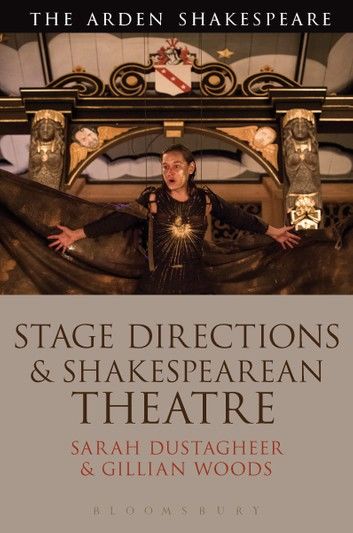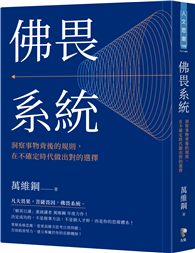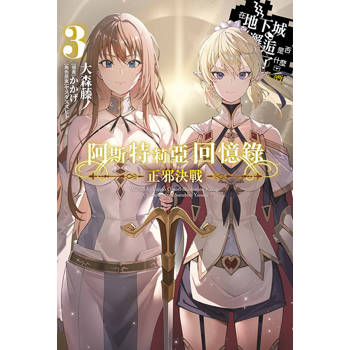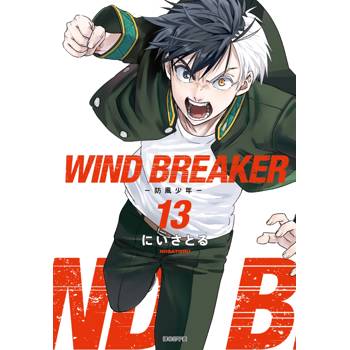What do ’stage directions’ do in early modern drama? Who or what are they directing: action on the stage, or imagination via the page? Is the label ’stage direction’ helpful or misleading? Do these ’directions’ provide evidence of Renaissance playhouse practice? What happens when we put them at the centre of literary close readings of early modern plays?
Stage Directions and Shakespearean Theatre investigates these problems through innovative research by a range of international experts. This collection of essays examines the creative possibilities of stage directions and and their implications for actors and audiences, readers and editors, historians and contemporary critics. Looking at the different ways stage directions make meaning, this volume provides new insights into a range of Renaissance plays.
| FindBook |
有 2 項符合
Stage Directions and Shakespearean Theatre的圖書 |
 |
Stage Directions and Shakespearean Theatre 作者:Woods 出版社:Bloomsbury Arden 出版日期:2019-06-27 語言:英文 規格:平裝 / 368頁 / 19.8 x 13 x 2 cm / 普通級 |
| 圖書館借閱 |
| 國家圖書館 | 全國圖書書目資訊網 | 國立公共資訊圖書館 | 電子書服務平台 | MetaCat 跨館整合查詢 |
| 臺北市立圖書館 | 新北市立圖書館 | 基隆市公共圖書館 | 桃園市立圖書館 | 新竹縣公共圖書館 |
| 苗栗縣立圖書館 | 臺中市立圖書館 | 彰化縣公共圖書館 | 南投縣文化局 | 雲林縣公共圖書館 |
| 嘉義縣圖書館 | 臺南市立圖書館 | 高雄市立圖書館 | 屏東縣公共圖書館 | 宜蘭縣公共圖書館 |
| 花蓮縣文化局 | 臺東縣文化處 |
|
|
圖書介紹 - 資料來源:博客來 評分:
圖書名稱:Stage Directions and Shakespearean Theatre
內容簡介
|











